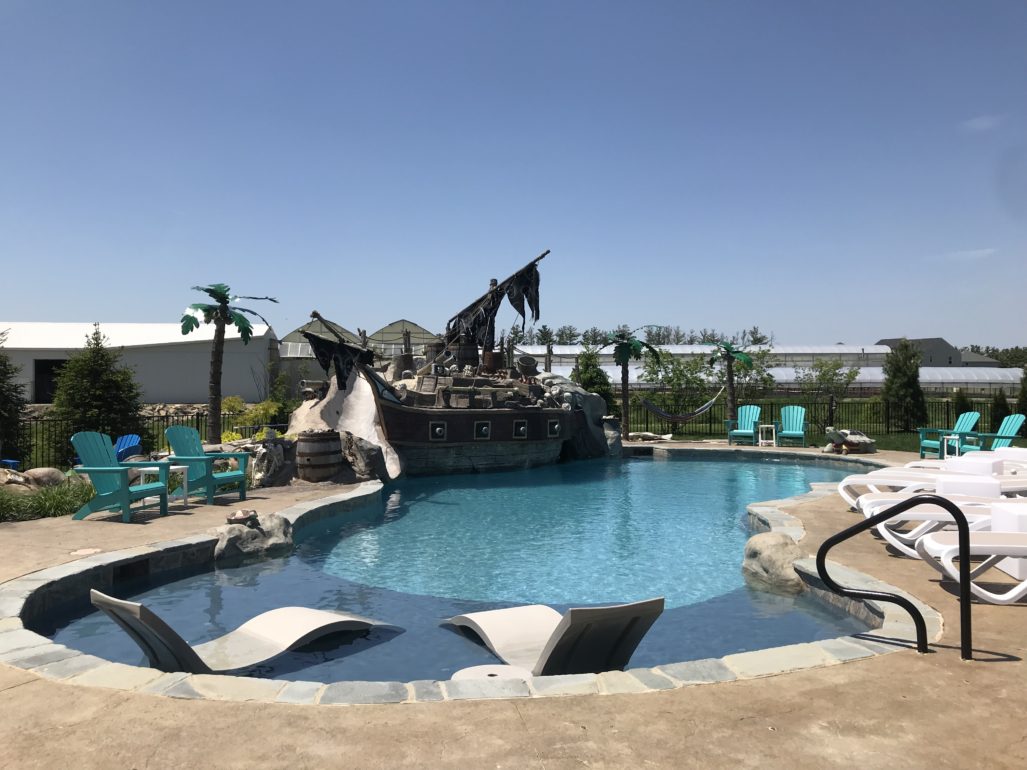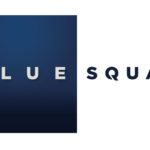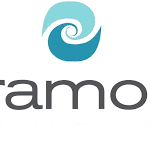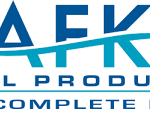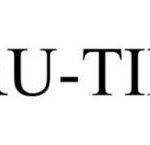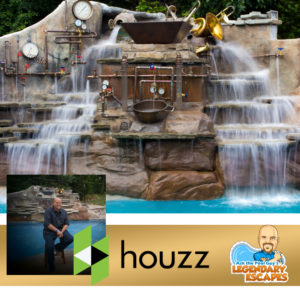This is a great new resource for our homeowners as well as pool professionals!
The pro series app by natural chemistry is available in the itunes app store and on google play. While designed for pool pros to manage a route with the ability to track customer accounts, this app would also be great for use by a homeowner! As long as you can take the required readings from your pool, you can plug the numbers into the app – and learn exactly what your pool needs to be balanced.
What you need to know about your pool in order to use the app:
Volume of your pool – the app also has a calculator in it so you can enter length/width/average depth and it will calculate for you.
Type of sanitizer system- salt or chlorine
You will need to gather this information to obtain your water chemistry results:
- Free Chlorine
- Total Chlorine
- Total Alkalinity
- Cyanuric Acid
- pH level
- Calcium Hardness
- Water Temperature
A few other parameters can also be added – bromine/phosphates/borates and salt/tds level when needed specific to your situation.
Advice for our Legendary Clients and @askthepoolguy service accounts: when testing my recommendation is going to be monitor your salt level to ensure your system can generate chlorine appropriately – however, leave this number out of your app. If you enter only the salt number, you will get a high TDS/drain pool recommendation every time – and if you enter TDS number you’d need some advanced equipment to subtract salt from the total to get the reading. More hassle than benefit for this application – so just enter 0 for the Salt/TDS parameter.
Once you’ve entered your numbers, you’ll hit calculate – and the app will give you detailed results of what needs to be adjusted for your pool to have perfectly balanced water. Pay particular attention to your chlorine level for your water quality, pH for bather/swimmer comfort, Total Alkalinity as a buffer for your pH and to keep the pool water from becoming aggressive or corrosive. Calcium Hardness matters in all types of pools – more critical in gunite/plaster pools for the pool surface, and more important in all pools for pool heater cores. Cyanuric Acid/Stabilizer will be your pool’s ability to hang onto chlorine instead of the sun burning it off immediately. With a salt system manufacturers are recommending higher stabilizer levels, Jandy epure system 50-70ppm as most unstable chlorine is destroyed by UV radiation from the sun within 2 hours. Pentair’s intellichlor recommends cyanuric acid in the 20-50ppm range and ideal salt of 3600ppm (ideal) up to 4500ppm.
Super Chlorination -burns out the organic material that has combined with chlorine, this frees the chlorine for sanitizing. This is accomplished by raising the chlorine level quickly and dramatically. Super chlorination occurs when the santiation system is placed in boost mode.
Shocking – superoxidation – is also a means of burning out the organic material that has combined with chlorine. This involves the manual addition of chemical to quickly raise the level of chlorine. When the chlorine level is quickly raised to 5-15ppm the pool water is said to have been shocked.
On initial startup of a pool it is always best to shock from an outside source – and we recommend liquid chlorine for this purpose – 12.5% is ideal.
To increase salt levels in your pool when it’s been opened, use only POOL SALT from a reputable supplier. 99.8% pure NaCl, sodium chloride, evaporated, granulated, food quality non-iodized salt with no additives.
Pentair: Too little salt (under 2600): generator will not work. Too much salt 4500: excessive corrosion affecting pool equipment and surrounding areas.
Jandy: too little salt, under 2000ppm will cause the cell to fail prematurely. Too much salt, above 4000ppm will damage the power center. Too Too much salt, above 6000ppm will damage everything including pool fixtures.
Pentair intellichlor: will not operate/produce chlorine in water under 52 degrees F (plus or minus 3 degrees)
Jandy epure: will not operate/produce chlorine in water under 51 degrees F (plus or minus 3 degrees)
See, with this app and a few numbers you’ll be well on your way to properly balanced pool water in no time! *If you aren’t well on your way – we are happy to help. We answer questions, troubleshoot and more. Just send us a note!
The best way to obtain your pool water chemistry numbers will be take a sample to your local pool store – and get the printout readings – enter into the app and calculate.
The next best way is to test with strips – and put the numbers into the app (less accurate this way, but still will give you the general overview).
Our service team uses the WaterLink Spin Test for our on site testing during our weekly service visits. It’s a bit of an investment, but well worth it if you want pinpoint measurement accuracy.
